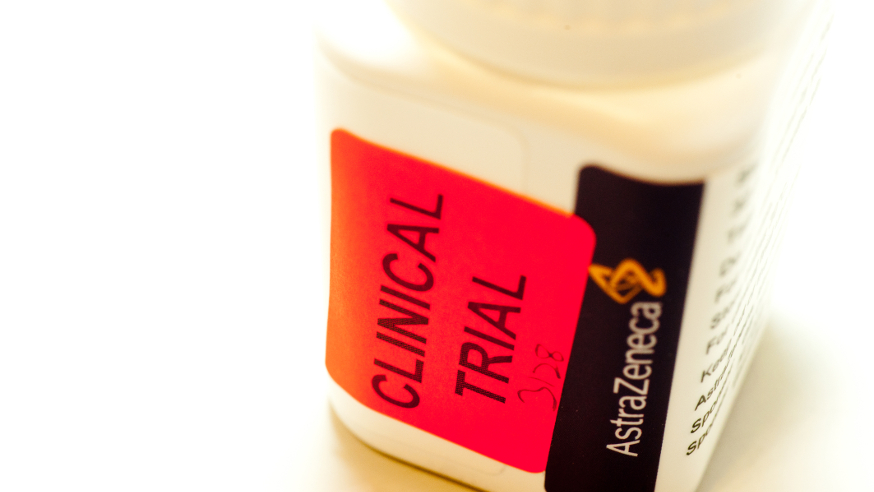Our collaborators
The Institute of Cancer Research collaborates with industrial, academic and hospital partners over a range of projects – from drug discovery programmes and biomarker studies, to the development of high intensity focussed ultrasound for the treatment of cancer.

Some of our recent collaborations have included:
Astex – a 3.5-year drug discovery collaboration aimed at identifying a preclinical candidate which inhibits the molecule MMSET.
AstraZeneca – a range of programmes and projects under a strategic alliance
BACIT – co-investment alongside Sareum and the CRT Pioneer Fund in the Chk1 drug development programme
CRT Pioneer Fund – a series of 4 collaboration and licence agreements on drug discovery programme
Domainex – providing chemistry support on a 5-year drug discovery collaboration funded by the Wellcome Trust
Elekta – a range of projects in the field of radiotherapy and imaging
Enzon pharmaceuticals – a biomarker collaboration
Horizon – collaboration to identify synthetic lethal cancer targets using Horizon’s isogenic cell lines
Illumina, Inc. – collaborative development of a cancer susceptibility genetic screening panel – TruSight Cancer
Janssen – a 2.5-year drug discovery collaboration
Merck – a multi-programme drug discovery collaboration
Nuevolution – a drug discovery collaboration working on difficult to drug targets
Onyx – a clinical trial of a novel α-folate receptor-mediated thymidylate synthase inhibitor using a study drug that was developed at ICR
Phillips – A collaboration in the field of High Intensity Focused Ultrasound (HIFU) treatment aiming to evaluate and optimise novel applications of HIFU in the treatment of cancer
Ventana – a multi-program collaboration providing equipment and support for a number of projects
Other industrial collaborators include: Amgen, EMD Millipore, Genentech, GSK, Morphosys, Oncolytics, PreCOS, Roche, Sanofi Aventis, Symphogen and Teva.
Related news
Related blogs
Kaiya Patel was five years old when she was diagnosed with an aggressive form of acute lymphoblastic leukaemia (ALL) in March 2018. She passed away ten months later at the age of six. Since then, Kaiya’s mum Annu and her dad Ruchit, have set up The Kaiya Foundation in their daughter’s memory and are supporting our vital research into high-risk leukaemia. Here, Annu shares their story.

